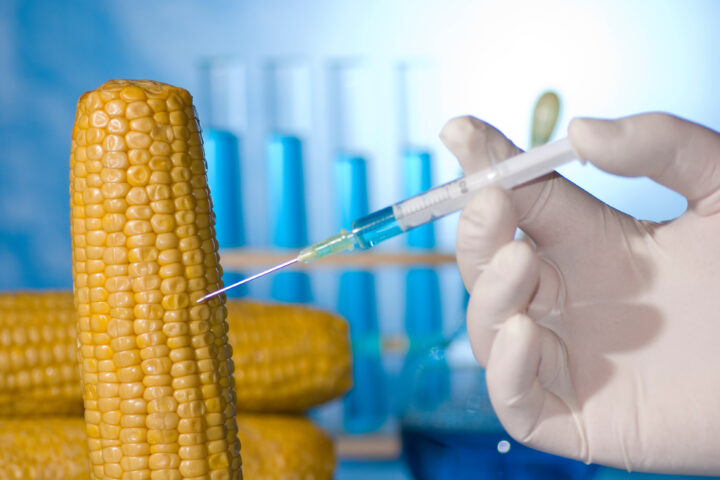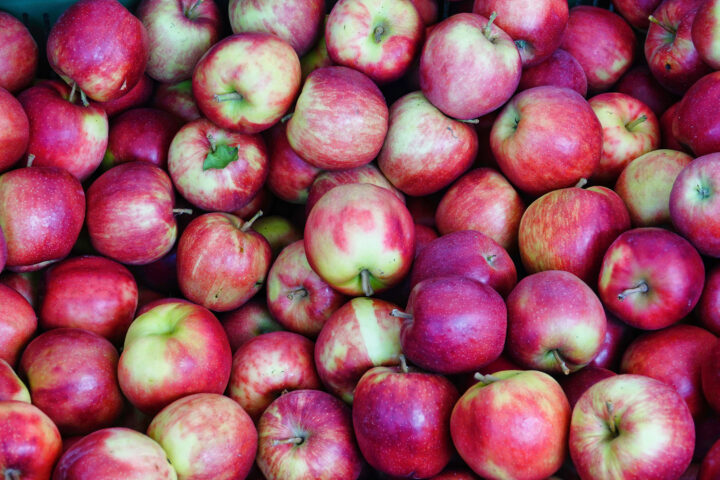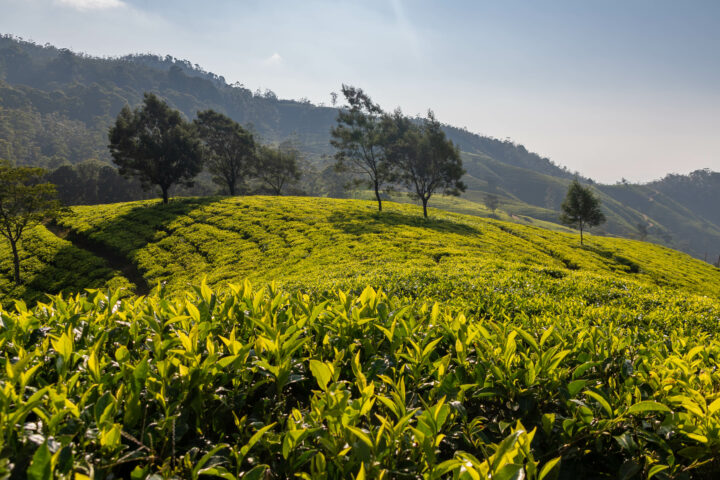
Swiss Rapeseed Oil Production at Risk
Swiss-produced rapeseed oil is in high demand, serving as a vital local alternative to imported palm oil for the country's food manufacturers. Yet, the future of rapeseed farming in Switzerland is increasingly uncertain due to a scarcity of approved plant protection products, forcing a reliance on imports.
Friday, September 8, 2023
The oil is particularly popular for frying foods like potato chips and French fries. The preference for local produce is so strong that nearly a quarter of Switzerland's total plant oil needs are met by rapeseed oil. As reported by the Tages-Anzeiger, high-profile companies like Zweifel and McDonald's are notable patrons of Swiss rapeseed oil. However, recent restrictions on certain pesticides have made rapeseed cultivation progressively challenging for Swiss farmers.
The Rapeseed Paradox: Local Appeal vs. Pest Threats
Ironically, while rapeseed oil gains marketing traction as a sustainable, local alternative to palm oil, its production faces significant hurdles. The bright yellow fields of flowering rapeseed are not just picturesque; they also enrich the soil, according to Stefan Höhn, a farmer from Wädenswil. Typically sown at the end of summer for harvest the following year, rapeseed crops are increasingly under siege from a variety of pests. Effective cultivation is nearly impossible without the use of insecticides. When pest infestations occur, yield drops dramatically, making the crop economically unviable. Flea beetles in the autumn and stem weevils and pollen beetles in the spring are especially detrimental. Additionally, farmers must also manage weed growth to ensure healthy rapeseed crops.
Massive Losses due to Diminishing Options
The list of permitted plant protection products is shrinking. Fiona Eyer, a specialist from the Zürich Strickhof Plant Protection Department, remarked in a recent article, «We're down to just one type of plant protection product available.» The limited options present a dire issue: using the same insecticide repeatedly risks the development of resistant pests, leaving farmers with no recourse. Without effective plant protection measures, rapeseed could vanish from Swiss agricultural landscapes. Many farmers have already abandoned rapeseed cultivation due to these challenges. The fact is: Effective plant protection hinges on a variety of products and active ingredients, an approach increasingly restricted by Swiss regulations. Experts at Strickhof conclude that mechanical methods may suffice for weed control, but depending on weather conditions and the year, the lack of insecticides could lead to substantial losses in rapeseed yields.
Press Residues Repurposed for Animal Feed
Rich in protein and with an advantageous amino acid profile, press residues – byproducts from oil extraction – serve as excellent raw materials for animal feed. The application of CRISPR/Cas9 gene-editing technology could further facilitate the use of rapeseed press residues as animal feed, thus lessening the need to import feedstocks like soy. Moreover, by growing rapeseed varieties with reduced phytic acid content, farmers have the added benefit of generating premium-quality animal feed without compromising the oil-producing attributes of the crop. This efficient approach enables greater yield from the same acreage.
To Import or Not to Import: The Dilemma of Regional Production
In the past, farmers could safeguard their seeds with neonicotinoids, effectively shielding crops from flea beetles during the pivotal early growth stages. However, Markus Hochstrasser of Strickhof told Swiss Farmer that flea beetles have become alarmingly prevalent, sometimes causing total crop loss. Insecticides often face bans owing to their potential threat to bee populations, yet it's important to note that blooming rapeseed fields are a vital habitat for bees. Hansjörg Imbach, a contractor from Oetwil, suggests that bee conservation and plant protection aren't mutually exclusive. As he told the Tages-Anzeiger, "We spray rapeseed fields either at dusk, when bees are inactive, or on overcast days. Spraying is prohibited once rapeseed begins to flower." While imported rapeseed oil could serve as an alternative to local production, Imbach questions the wisdom of this, a sentiment backed by consumer and industry demand. Although Swiss farmers may receive partial compensation for yield reduction when they abstain from using plant protection, this is not a sustainable model for global agriculture. Switzerland may afford to offset reduced yields by importing essential raw materials, but this approach isn't feasible for farmers in most other countries of the world that depend on their own agricultural output.
The Pitfalls of a Limited Risk Assessment
Swiss farmers face diminishing options for plant disease treatment as environmental organizations stall the approval of new products. Even eco-friendly alternatives that have been adopted by neighboring countries remain unavailable in Switzerland. The situation also underlines the broader implications for rapeseed cultivation: prohibiting plant protection products jeopardizes regional production, endangering a local and healthier alternative to palm oil. To make up for this, imports become necessary. Meanwhile, the European Union has set ambitious reduction targets that have far-reaching consequences on its agricultural productivity. This counterproductive move increases global agricultural land use to offset the EU's production shortfall, exporting the environmental burden and driving up prices substantially. Supporting these claims, a study by the Joint Research Center of the EU (JRC) examined the repercussions of the EU's Farm to Fork strategy within the framework of the European "Green Deal."
Kindly note:
We, a non-native editorial team value clear and faultless communication. At times we have to prioritize speed over perfection, utilizing tools, that are still learning.
We are deepL sorry for any observed stylistic or spelling errors.
Related articles

Science resists ban on GMO crops
The Supreme Court in the Philippines wants to stop the cultivation of genetically modified plants Golden Rice and Bt aubergine (Bacillus thuringiensis). This is anything but well received by the government and the scientific community: The ban could jeopardise the country's food security.

Enabling what is inevitable
The opponents of progress are once again in the starting blocks. In mid-April, critics of genetic engineering announced a popular initiative aimed at making any relaxation of the existing moratorium on genetic engineering impossible. The exact wording is not yet known, but the statements made by the exponents make it clear that the total blockade on modern plant breeding is to be enshrined in the constitution.

Where the focus lies in apple breeding
The new head of Agroscope's fruit breeding research group is Andrea Patocchi. In an interview with the trade journal Obst + Wein, he explains where the focus of apple breeding lies today.

Chinese robot picks tea
There is a shortage of tea pickers in China. A robot developed by a researcher is set to remedy the situation and take over the work in future. Thanks to artificial intelligence, the machine can even recognise the shoots of the tea plant. The first harvesting robots are also already being developed in Switzerland.

